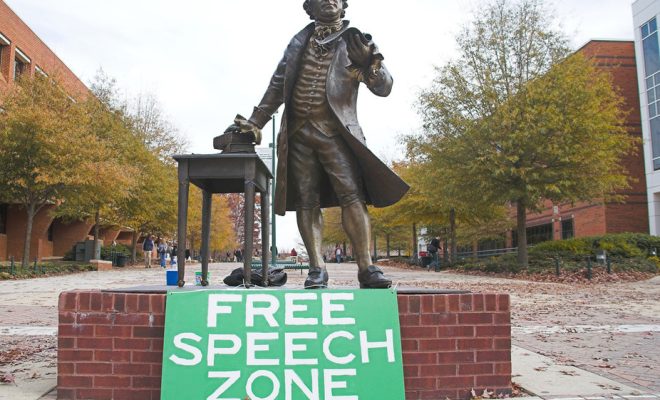Diploma Plan Deemphasizes Academics for Workforce Preparedness

Across the nation, a growing number of school districts are implementing diploma plans that prioritize career readiness over traditional academic pursuits. This shift, often framed as a response to the demands of the modern workforce, has ignited a debate about the future of education and the role of the high school diploma.
Proponents of these revised diplomas argue that they equip students with the practical skills and knowledge needed to succeed in today’s economy. By emphasizing hands-on training, internships, and industry certifications, these programs aim to provide students with a direct pathway to employment, mitigating the burden of costly higher education. They point to the growing number of high-paying, technical jobs that require specialized skills, but not necessarily a four-year degree.
However, critics argue that these changes are a step backwards, sacrificing academic rigor for vocational training. They worry that the deemphasis on traditional subjects like math, science, and literature could leave students ill-prepared for the ever-evolving demands of the job market. They also express concerns about the potential for inequity, arguing that marginalized students, who may already face limited access to resources, could be further disadvantaged by a system that prioritizes practical skills over a solid academic foundation.
The debate over these new diploma plans raises critical questions:
Is the focus on workforce preparedness a sustainable solution for all students? While equipping students with vocational skills is valuable, a well-rounded education that fosters critical thinking, problem-solving, and communication skills is essential for long-term success in a dynamic world.
Are these programs effectively addressing the needs of the modern workforce? The rapid pace of technological advancements requires adaptability and a willingness to learn new skills. Focusing solely on current job demands could leave students ill-prepared for the unforeseen needs of the future.
Are these programs truly equitable for all students? Access to internships, apprenticeships, and specialized training programs varies significantly based on location and socioeconomic status. Ensuring that all students have equal opportunities to benefit from these programs is crucial.
Ultimately, the success of these revised diploma plans depends on their ability to strike a balance between practical skills and academic foundations. They need to be designed in a way that empowers all students, regardless of background or career aspirations, to navigate the complexities of the modern world and achieve their full potential.
The conversation about the future of education is ongoing. As we grapple with the evolving demands of the workforce and the needs of our students, it is crucial to engage in thoughtful and open dialogue about the role of education and the best way to prepare our youth for success.






